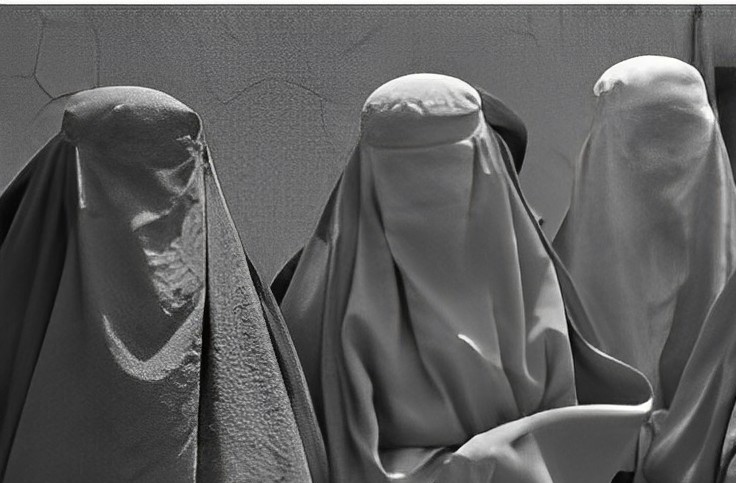
On May 2, UN Secretary-General António Guterres spoke to reporters in Doha, Qatar, after convening an international meeting of Special Envoys on Afghanistan. Guterres pledged that the UN “will never be silent” when women and girls’ rights are under attack, as they are today in Afghanistan. He also stated that the Taliban’s ban on Afghan women working in humanitarian roles is “unacceptable” and is putting millions of lives at risk in the country.
Guterres emphasized the need for a “strategy of engagement” with the Taliban to assist the country’s most vulnerable people. However, he made it clear that the meeting did not focus on the recognition of the de facto authorities, but rather on developing a common, international approach to issues such as terrorism, human rights violations, and drug trafficking.
Guterres stressed that the current ban on women working for the UN and international NGOs is “systemic attacks on women and girls’ rights” and undermines the development of a country that desperately needs contributions from everyone. He pointed out that the vast majority of the UN personnel delivering lifesaving aid are Afghan nationals, and banning women workers “deliberately undermines” their efforts.
Guterres also highlighted the severity of the situation in Afghanistan, calling it the “largest humanitarian crisis in the world today.” He noted that 97% of Afghans live in poverty, and 28 million people in Afghanistan need some form of humanitarian assistance. However, funding for the Humanitarian Response Plan, which seeks $4.6 billion, has received only a small fraction of the required amount.
Despite these challenges, Guterres pledged the UN’s commitment to support the Afghan people and to keep delivering humanitarian aid to preserve the fragile lifeline. He emphasized that the UN will continue to use its convening power to advance a forward-leaning approach, which puts the Afghan people first, and in a manner that is complementary to existing regional platforms and initiatives.
When asked if there were any circumstances under which he would meet Taliban leaders, Guterres said that while it was not the right moment, he would “obviously not refuse that possibility.” He also stated that he was personally invested in convening a follow-up meeting of envoys at a future date.

